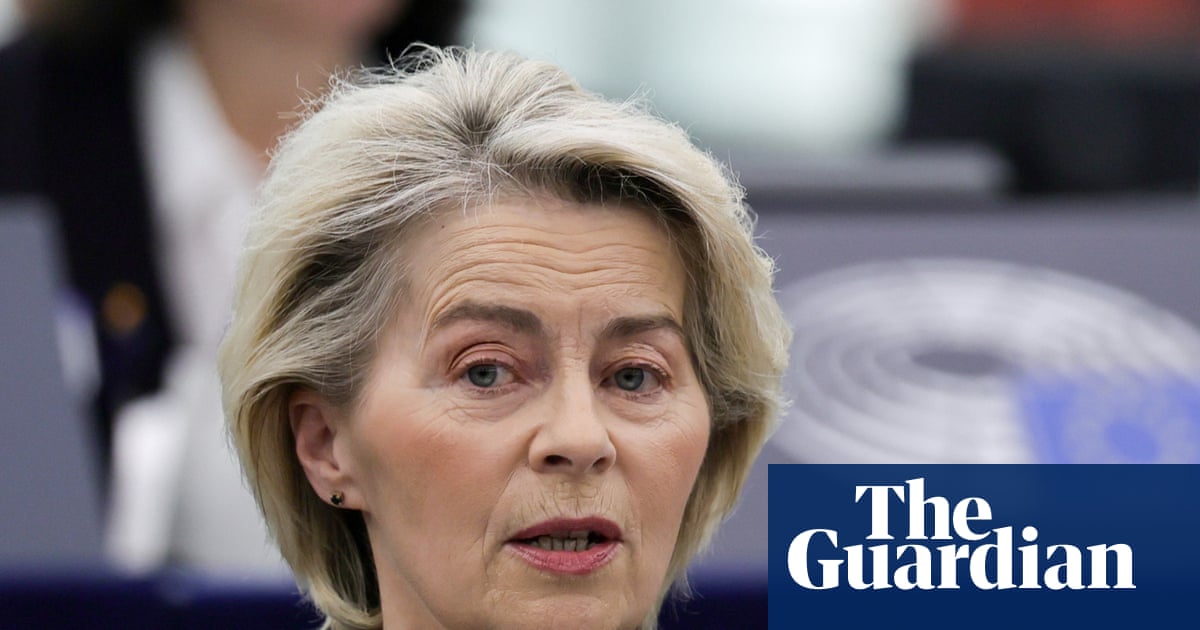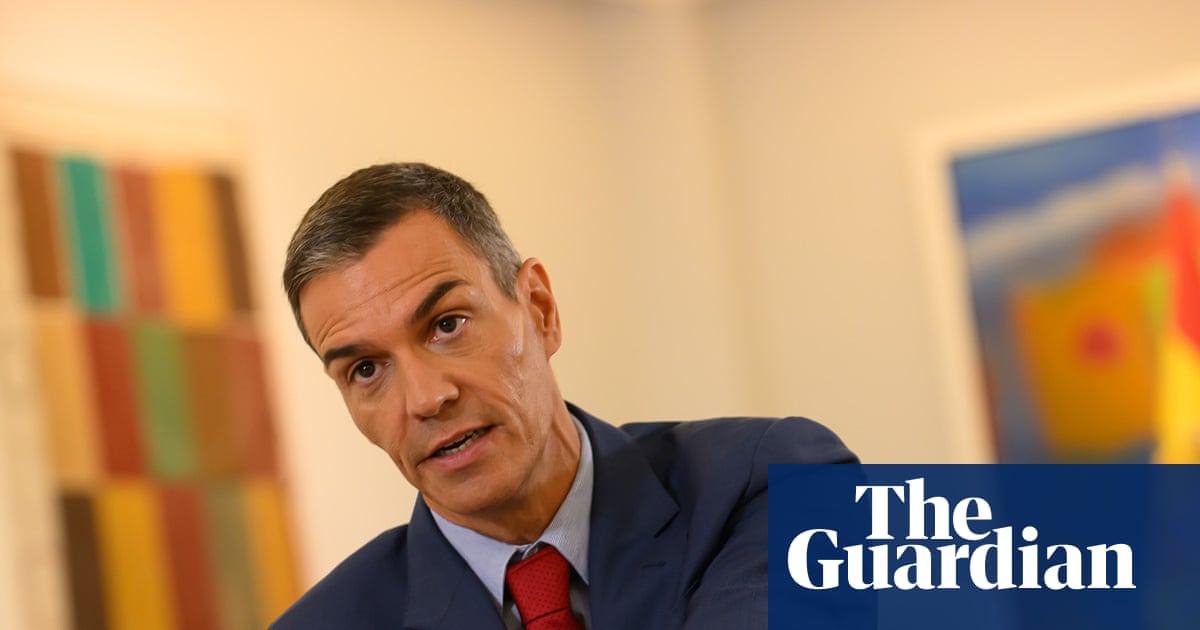#eu-foreign-policy
#eu-foreign-policy
[ follow ]
#sanctions #gaza #human-rights #ukraine #russia #israel #irgc #terrorist-designation #iran-protests #spain
Miscellaneous
fromRadioFreeEurope/RadioLiberty
2 months agoEU Holds Talks On China's Support For Russia, Including Possible Weapons Transfers
The European Union will convene ministers on December 15 to address China's increasing support for Russia, including possible Chinese weapons being used in Ukraine.
fromwww.theguardian.com
4 months agoRecognising statehood is the minimum now the EU must protect Palestine with money
Separately, the conclusions of the UN commission of inquiry have echoed what human rights organisations and genocide experts have been warning for months: Israel is committing genocide in Gaza. As the ground invasion of Gaza City intensifies, the international community has a legal and moral obligation to act. This includes the immediate imposition of sanctions on Benjamin Netanyahu's government to halt war crimes.
World news
fromwww.theguardian.com
4 months agoEuropean Commission calls for freezing of free trade with Israel over Gaza
The EU executive has called for a suspension of free trade with Israel and sanctions on two far-right Israeli ministers in response to the humanitarian crisis in Gaza. Ursula von der Leyen had already floated the proposal to suspend the trade parts of the EU-Israel association agreement last week as the European Commission faced intense pressure for greater action amid criticism that it was not using its economic leverage to influence the Israeli government.
Europe politics
fromwww.theguardian.com
5 months agoThe Guardian view on the future of the EU: in search of a braver, bolder vision for a new era | Editorial
Delivering her state of the union address in Brussels last week, the European Commission president, Ursula von der Leyen, painted a grim but accurate picture of the challenges faced by Europe as the first quarter of the 21st century draws to a close. A world of imperial ambitions and imperial wars, she noted, is a world in which dependencies are ruthlessly weaponised.
Europe politics
fromwww.dw.com
5 months agoRed lines: Will Germany change on sanctioning Israel? DW 09/04/2025
There is a "growing majority" of countries that support sanctions against Israel, the EU's foreign affairs boss, Kaja Kallas, said recently. But Europe's top diplomats were unable to reach any kind of consensus. And some privately expressed frustration with EU nations blocking sanctions on Israel. One of these is Germany. In Copenhagen: Spain, Ireland, Slovenia, France, Belgium, the Netherlands, Sweden, Denmark and others would like some sort of sanctions while Italy, Austria, Hungary, the Czech Republic and Germany are reluctant
Miscellaneous
fromwww.theguardian.com
7 months agoEurope must stand without the US but the latest war in the Middle East shows it has no idea how | Nathalie Tocci
European leaders are grappling with the need to assert autonomy in Middle East policy amidst a fractured transatlantic relationship and increasing US-Iran tensions.
Europe politics
Russo-Ukrainian War
fromwww.theguardian.com
10 months agoEU foreign ministers meet in wake of deadly Russian attack on Sumy as Zelenskyy issues plea for Trump to visit Ukraine Europe live
A Russian missile strike in Sumy killed at least 34, highlighting the urgency of international support for Ukraine.
[ Load more ]







